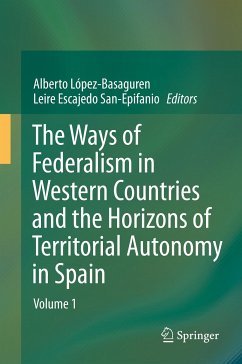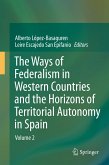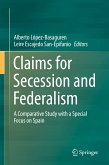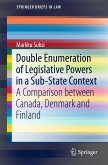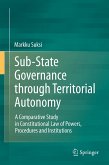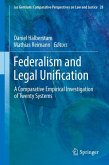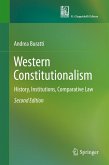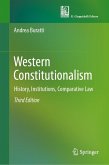Territorial autonomy in Spain has reached a crossroads. After over thirty years of development, the consensus regarding its appropriateness has started to crumble. The transformation project embodied by the reform of Statute of Catalonia (2006) has failed to achieve its most significant demands. Although the concept of Spain as a Federation is disputed -more within the country than beyond-, the evolution of the Spanish system needs to follow a markedly federalist path. In this perspective, reference models assume critical importance. This edition gathers the works of a broad group of European, American and Spanish experts who analyse the present-day challenges of their respective systems. The objective, thus, is to contribute ideas which might help to address the evolution of the Spanish system in the light of the experience of more established Federations.
This first volume analyses the challenges facing federal systems in the age of globalisation from a global perspective. It also addresses current questions and the challenges faced today by, in the sphere of the internal division of powers, the most significant 'western' federal systems, on the one hand, and the Spanish system of territorial autonomy, on the other.
Dieser Download kann aus rechtlichen Gründen nur mit Rechnungsadresse in A, B, BG, CY, CZ, D, DK, EW, E, FIN, F, GR, HR, H, IRL, I, LT, L, LR, M, NL, PL, P, R, S, SLO, SK ausgeliefert werden.

